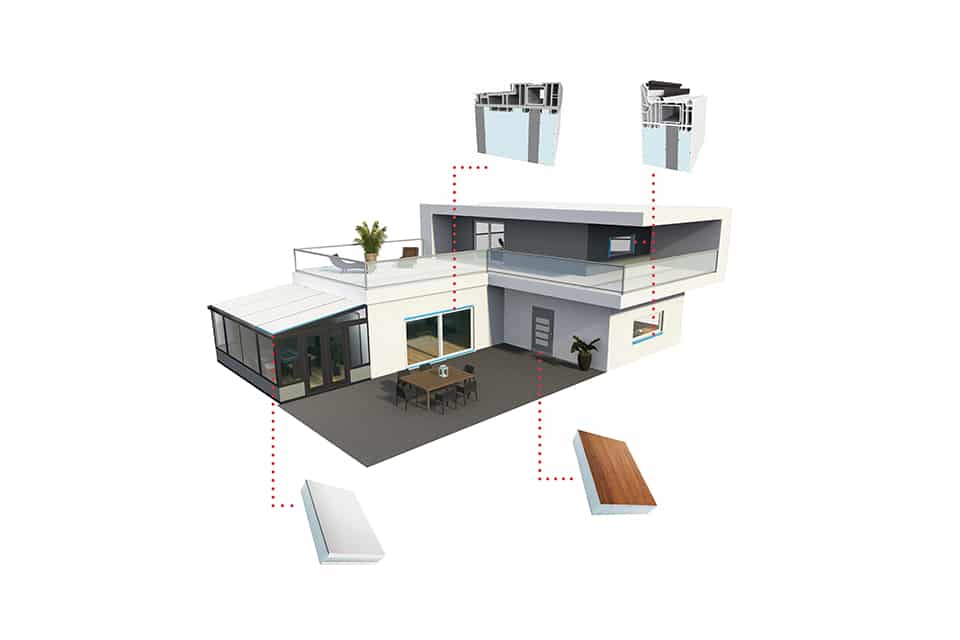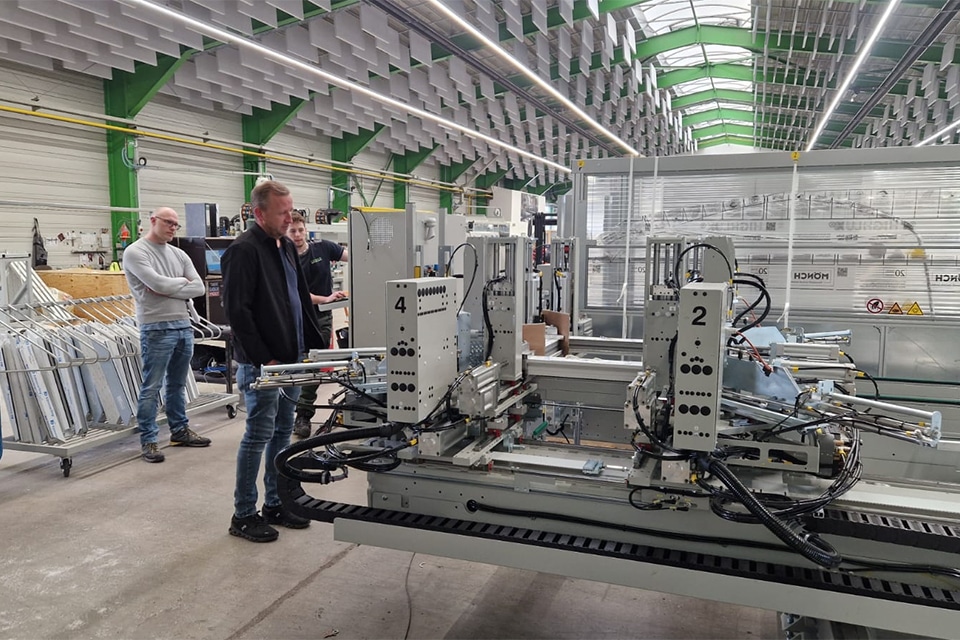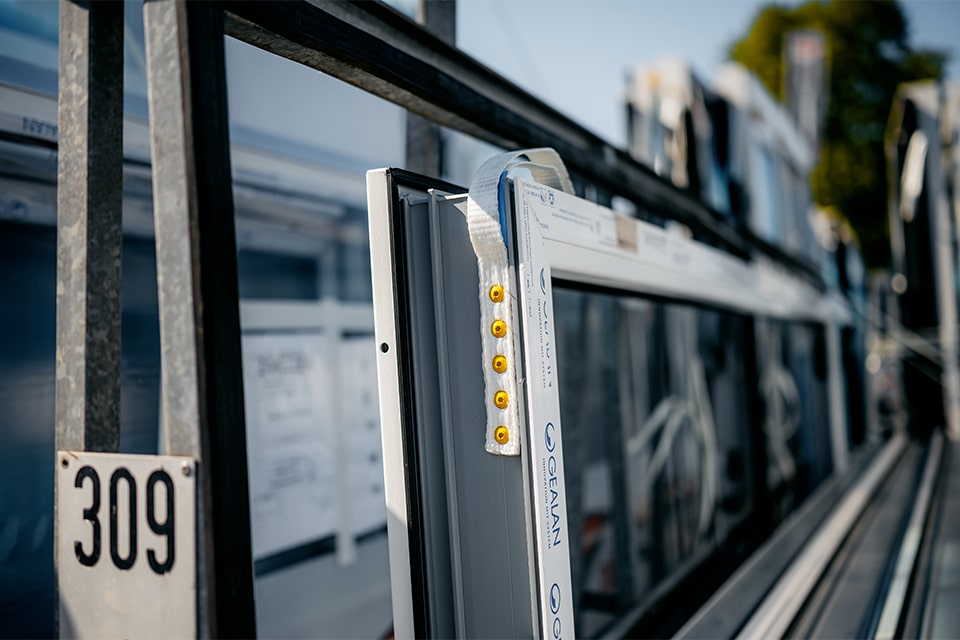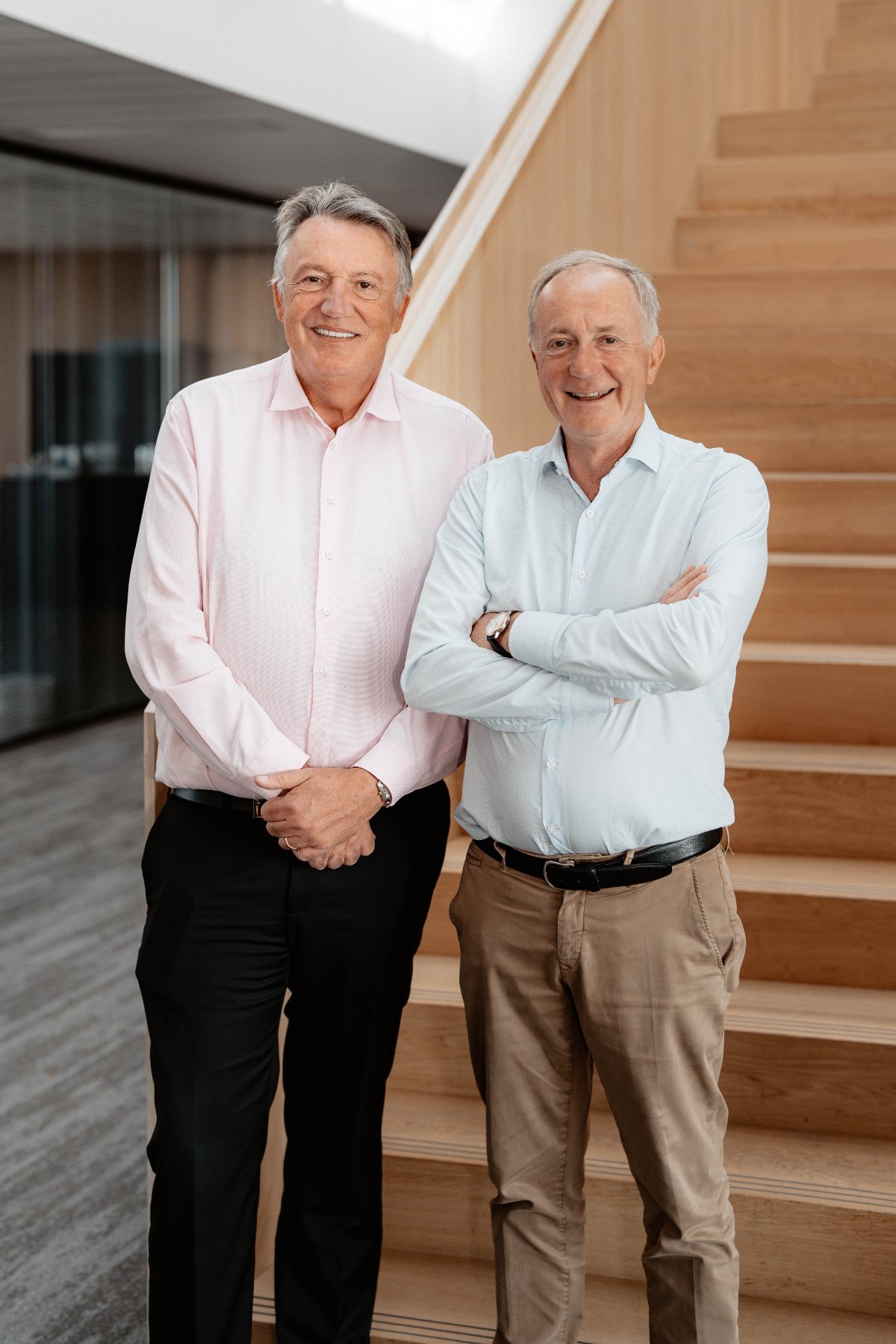
FSC wood combines beauty and environment
The facade is all-important for the appearance of a house, so the requirements for facade cladding are high. Architects and clients are increasingly choosing high-quality and aesthetically pleasing materials such as tropical hardwood. And let this also be the best choice from an environmental point of view.

Security condition
Bert Linge, Sales Manager Benelux of Van den Berg Hardwood, comments, "The requirement of FSC wood is an important condition when it comes to wood, and tropical wood in particular. Using certified wood contributes to forest protection. If it is not certified, the consequences for the forest are literally and figuratively incalculable. With clients, we generally see that the requirement for FSC is made up front, while residents often only start asking questions about the origin of the wood afterwards. Therefore, if FSC is not required or prescribed, that is reason for us to engage in conversation anyway."
Wood as a sustainable facade material
Using certified wood, whether for window frames, facades, roofs or flooring, gives forests value as a sustainable wood supplier, and prevents forest conversion to oil palm or soybean plantations, for example.
Besides that forest protection function, there is another environmental advantage of using (certified) wood for cladding, for example. Compared to "fossil" materials such as plastic or aluminum, wood has a very low environmental impact. Life cycle analyses (LCA) show that. The production of wood, if from well-managed forests, does not lead to the depletion of raw materials, and there are no emissions of pollutants during that production process. In fact, forests actually emit CO2 fixed.
Text: FSC | image: Van den Berg Hardwood BV
Featured image: In the De Stadhouder project in Vugt, more than 22 m3 tropical FSC wood used, including the Louro Preto species.




